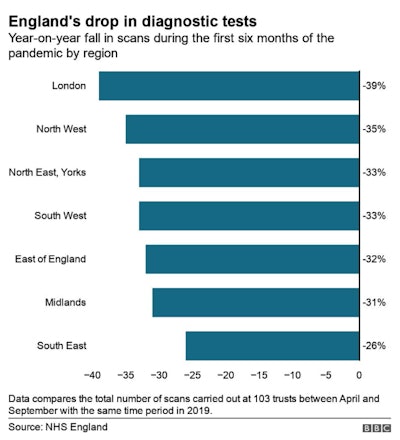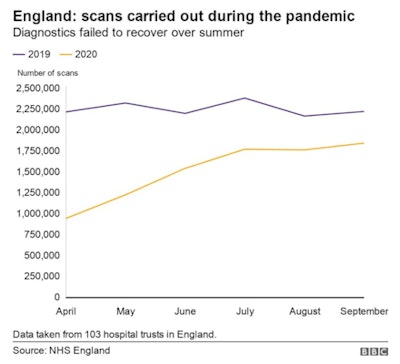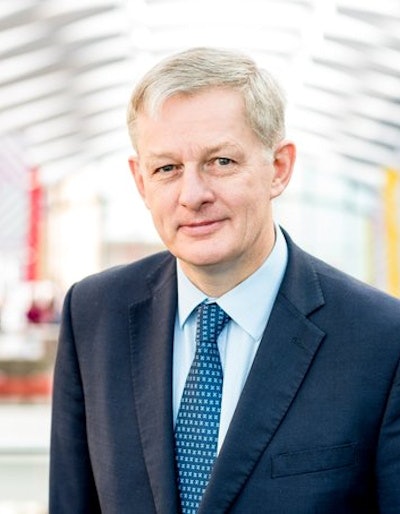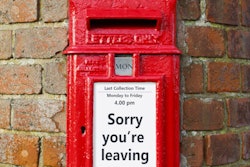
At least 4.4 million fewer diagnostic examination scans were performed in England between April and September 2020 compared with the same period in 2019, BBC News reported on 17 December. One in seven patients is now waiting more than three months for a scan.
The BBC analyzed the number of scans (including MRI, CT, and ultrasound) carried out by 103 National Health Service (NHS) trusts across England. The largest reductions occurred in London and North-West England.

Some hospitals reduced scans considerably more than others, particularly small private facilities, according to the report. Dorset Healthcare University and Manchester University hospitals saw the largest drops at NHS facilities: 70% and 64% respectively.

Waiting lists and waiting times across the U.K. also grew during the first six months of the pandemic, the BBC found.
NHS guidance in England and Scotland states that patients should receive a scan within six weeks of referral, but in North-West England, one in three patients was waiting more than six weeks for a scan in October, compared with one in five in South-East England. In Scotland, 15,000 patients had waited for more than six weeks in September 2019, but this year the figure was closer to 48,000. Similar upsurges occurred in Wales and Northern Ireland.
The overall number of people on the waiting list for one of the 15 main diagnostic tests in England increased by 250,000 to 1.27 million.
NHS England says some services are now back to the same levels as last year, but some observers believe the inactivity has left a backlog that could leave a swathe of people presenting at hospital in a worsened condition, the BBC noted.
"Those patients could be diagnosed with a more aggressive, later-stage cancer," said Jody Moffatt, head of early diagnosis for Cancer Research UK. "There is a cohort of patients out there that have not been diagnosed yet -- and who knows what state they will be in when they are."
Missed MRI scan
The BBC report cited the case of Toni Cunnington, a 34-year-old former social intervention worker and mother of four, who had an MRI scan at Leeds Teaching Hospitals NHS Trust canceled in March even though she suspected she had cancer due to a genetic condition. She is now undergoing aggressive chemotherapy for a stage-four lymphoma.
Dr. Phil Wood, chief medical officer, said the trust "regrettably had to make difficult decisions" during the first wave of the pandemic and said he was pleased the patient was "receiving the appropriate treatment and care."
 Dr. William Ramsden.
Dr. William Ramsden.The U.K. Royal College of Radiologists (RCR) and the British Institute for Radiology told the BBC that the fall in the number of scans was because hospitals were told to cancel nonessential appointments at the end of March. Appointments had to be limited at smaller hospitals with only one MRI scanner, as the machines had to be kept free for COVID-19 patients, said an RCR spokesperson. Radiologists were also redeployed to other parts of the hospital.
"The trouble is, because of our capacity issues, because of our workforce issues, we can't get through the work as fast as we'd like," said Dr. William Ramsden, the RCR's vice president for clinical radiology, adding that the backlog created by the virus has "exacerbated" issues linked to a lack of scanners in the U.K., as well as a shortfall of 6,000 radiologists and radiographers in the profession.



















